The whole world is busy in dealing with the chaos created by the pandemic. It doesn't mean that there are no else issues these days. It's been a month for the tragic gas leak happened in Vizag District of Visakhapatnam but the accident got the least attention. This article focuses on pre and post condition of Vizag gas disaster till date.
India got independence in 1947. The British government granted independence to the areas that were directly under their rule. The Princely states were left with the choice to decide their future. Sardar Vallabh Bhai Patel and Jawaharlal Nehru played a major role in pursuing these states to join Indian Union by signing 'Instrument Of Accession'. In return, they were given 'Privy Purses' which was a specified sum of money that was payable annually to the rulers of such states.
The privy purses were adding to the economic pressure as well as a symbol of inequality in the newly independent country. In 1970, attempts were made by the then prime minister Indira Gandhi to abolish privy purses. (which was eventually abolished by the 26th the constitutional amendment) This was challenged before the Supreme Court in the Privy Purses case. The eleven judge bench of the Supreme Court stated that "There is no such thing as the sovereign power of the State, it lies with the people of India."
The sovereignty was again discussed in Charan Lal Sahu's case in 1989 where the five-judge bench upheld the unfair law, The Bhopal gas leak disaster Act, 1985 on the ground that it was passed in exercise of the sovereign power of the state and in recognition of the right of the sovereign to act as parens patriae (parent of the nation). This decision was counter to the decision of privy purses held by 11 judge bench.
The significant questions that knock most of our minds are why the Bhopal gas leak disaster Act, 1985 was called unfair? What was the Act about? What was Bhopal gas tragedy? And why to discuss it now after almost 36 years?
The whole discussion came forth when in the early morning of 7th May 2020 news came about the leakage of styrene gas in the LG Polymer industry which was operating without environmental clearance for over two decades in the Vizag District of the State of Andhra Pradesh. Almost 17-20 innocent citizens have lost their lives and thousands have fallen sick. People are facing difficulty in breathing, rashes on the body, and sore eyes. The leakage of the gas has reportedly affected people within a radius of about 3 km.
Immediately after the incidence The National Human Right commission took suo moto cognizance and issued notices to the concerned authorities calling for a detailed report of the activities, status of FIR & investigation, questioning that whether norms of the concerned laws were followed or not.
Then National Green Tribunal also took cognizance and formed a committee to look into the matter. Followed by Andhra Pradesh High Court who also took suo motu cognizance and noted that styrene is notified as a dangerous substance under the provision of Environmental Protection Act 1986 and directed states to issue an order directing all private hospitals in Visakhapatnam to open for needy.
Just a few days before the tragic news from Vizag district the press reports were coming that COVID-19 was taking a toll on survivors of Bhopal Gas Disaster which was the worst gas leakage incidence the world has ever witnessed. This was the result of weakened immunity, diabetes, hypertension, damaged lungs, and kidneys due to exposure to hazardous gas.
The pandemic has also resulted in further delay of determination of curative petition which was filed by Central Government before the supreme court seeking for additional compensation of more than 7000 crores from Union Carbide Corporation (where the gas leakage occurred) now owned by McDowell for loss of life, property and environmental contamination.
Then: The Bhopal Gas Tragedy:
Thirty-Six years ago, on the night of December 2, 1984, an accident at the Union Carbide pesticide plant in Bhopal, India, released tons of highly toxic gas resulting in the high death toll. Many of those who were exposed to the gas have given birth to physically and mentally disabled children.
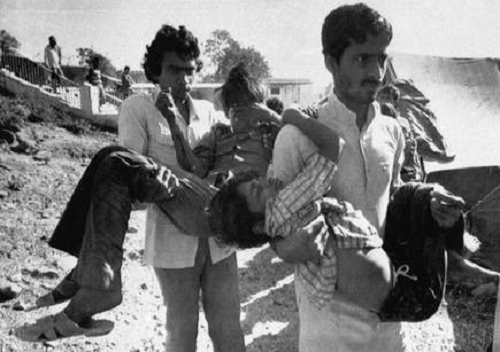 The reasons for the incidence and the way concerned parties dealt with the whole situation brought lots of shame for India at the International level. This plant was allowed to be set up in the heart of Bhopal city in violation of the law. The authorities permitted the area around the plant to be used for the dumping of hazardous chemicals.
The reasons for the incidence and the way concerned parties dealt with the whole situation brought lots of shame for India at the International level. This plant was allowed to be set up in the heart of Bhopal city in violation of the law. The authorities permitted the area around the plant to be used for the dumping of hazardous chemicals.
The government was in a collaboration agreement with UCC and it's a subsidiary, the Union Carbide India Ltd (UCIL), subject to Indian laws that aim to safeguard human life from danger. LIC, IDBI & other public institutions owned 49.1% of UCIL. This implicates that the government was also a responsible party for the accident.
Shortly after the gas leak, the government proceeded to enact the Bhopal Gas Disaster Act, 1985. Before enactment of this Act the Indian Penal Code, 1860 was the only relevant law specifying criminal liability of such incidents. The Bhopal Gas Disaster Act gave the central government who was itself a guilty party, exclusive power to represent and act in place of the victim within & outside India. After these two guilty parties entered into a nominal settlement amount in 1989 payable to victims which both were jointly liable.
The Supreme Court also approved the settlement to quash all criminal proceedings which were subsequently reviewed. The chairman of the company was declared as a proclaimed offender. Those who were put on the trial were convicted in weak charges and got away lightly.
The other laws enacted post-Bhopal disaster against chemical disaster in India were:- Environmental Protection Act, 1986 which gave power to the central government to undertake measures for improving the environment and set standards and inspect industrial units. Then came the Public Liability Insurance Act, 1991 and National Environment Appellate Authority Act, 1997.
Now: Vizag Gas Tragedy
Currently, the National Green Tribunal has constituted a five-member committee to inspect the site and also directed to deposit an initial amount of 50 crores as compensation. After this tragedy, many legal questions have headed up. Like fixing criminal liability against the company. Then, the conversion of criminal liability to civil liability.
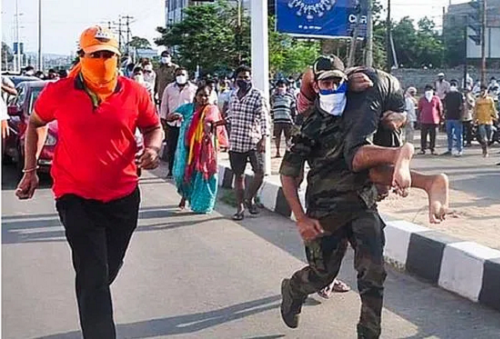 The prominent question is that National Green Tribunal stated that the incidence casts strict liability on the company. But in both Bhopal gas disaster and oleum gas leak case court have adopted the principle of absolute liability. The backdrop of Strict liability is that it has few exceptions which can be used as a way out by the Company.
The prominent question is that National Green Tribunal stated that the incidence casts strict liability on the company. But in both Bhopal gas disaster and oleum gas leak case court have adopted the principle of absolute liability. The backdrop of Strict liability is that it has few exceptions which can be used as a way out by the Company.
Andhra Pradesh High Court has referred to some issues which have remained unanswered. Firstly, LG Polymer was operating without a valid environmental clearance from Ministry of Environment, Forests & Climate change. Secondly, the inhibitor concentration in the storage tank was not checked. Thirdly, the refrigeration system wasn't working properly. Fourthly, the radius of the vulnerable zone was extended to 6.3 km from source and there were several hospitals, educational institutions, places of worship, railway station, and airport within the vulnerable zone.
The next concern was that the bystander population was not informed of risk & trained in evacuation procedures. The other issue was that the alarm at the plant wasn't working.
There is a lot of fear in the people in the vicinity. It is pertinent to note that this wasn't the first accident occurred in Vizag. There have already been 30-40 accidents in the past few years and still, no strict actions have been taken. Both the Bhopal gas tragedy and the Visakhapatnam (Vizag) gas leak occurred during the night and also when the plants were about to restart after some time gap.
It is immensely significant to give attention to such activities because there is continuous news of gas leakage from various parts of the country like the flowing of natural gas from a gas well in Asam and Industrial gas leak in Mumbai. We need to learn a lot of things from such tragedies.
- Adv. Prachi Patil
ppprachipatil19@gmail.com
(The writer is a practising lawyer at the Pune District Court and the Family Court, Shivajinagar)
Tags: Adv. Prachi Patil Gas Tragedy Bhopal Gas Visakhapatnam Load More Tags

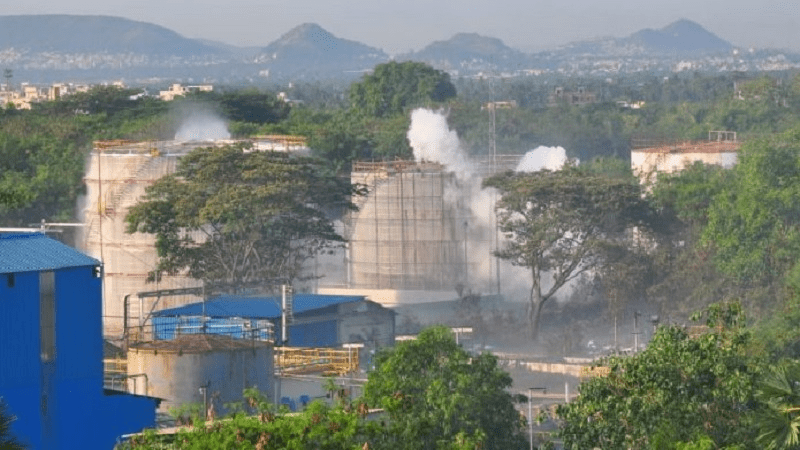


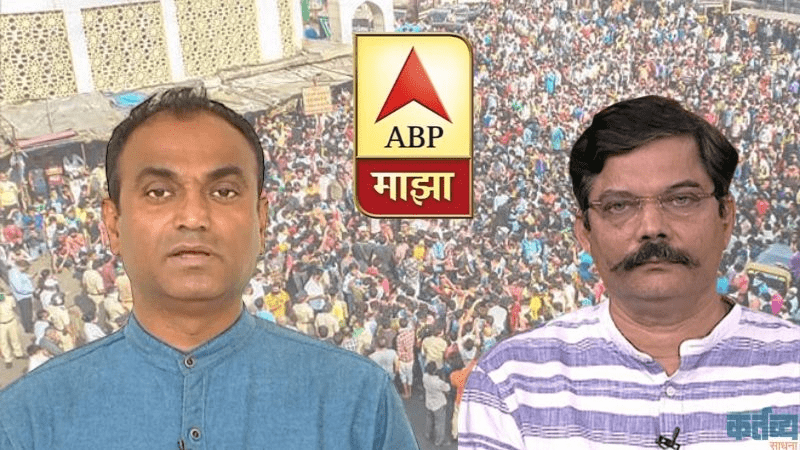
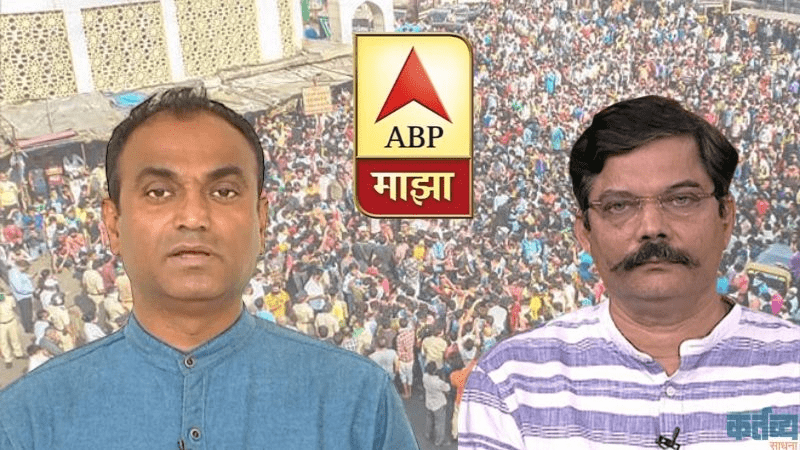
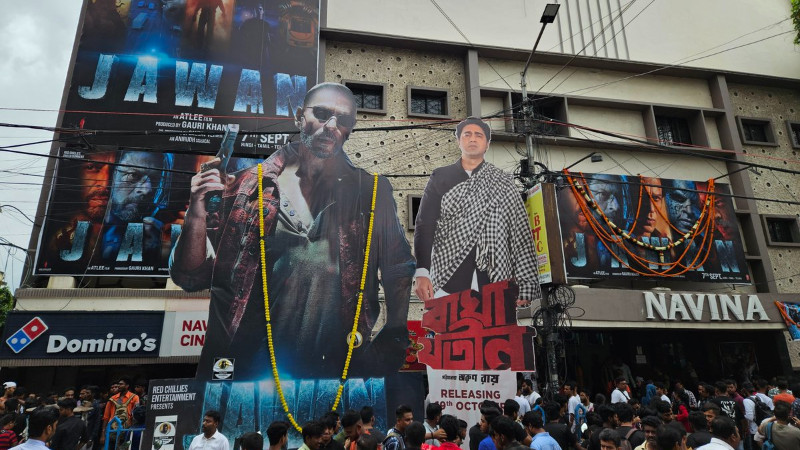
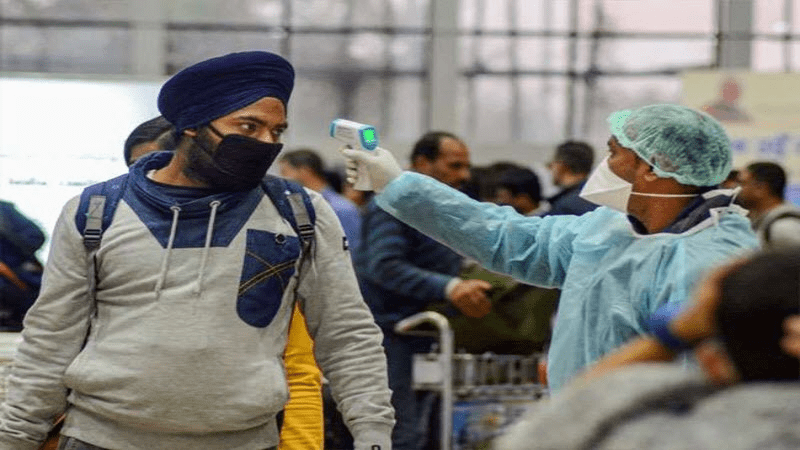

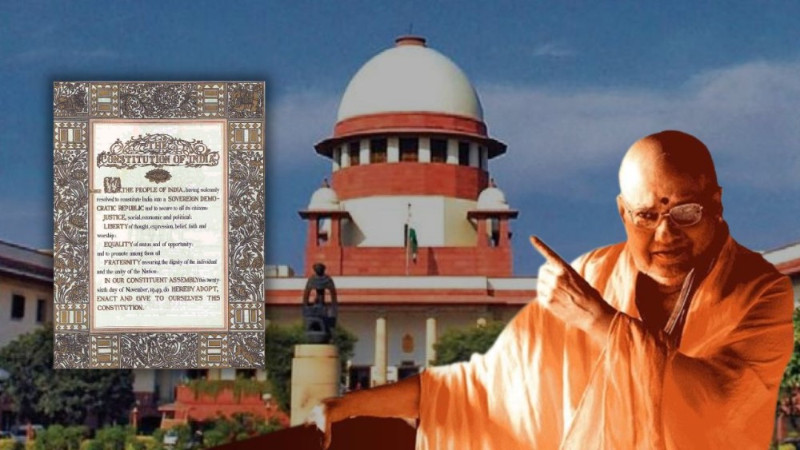
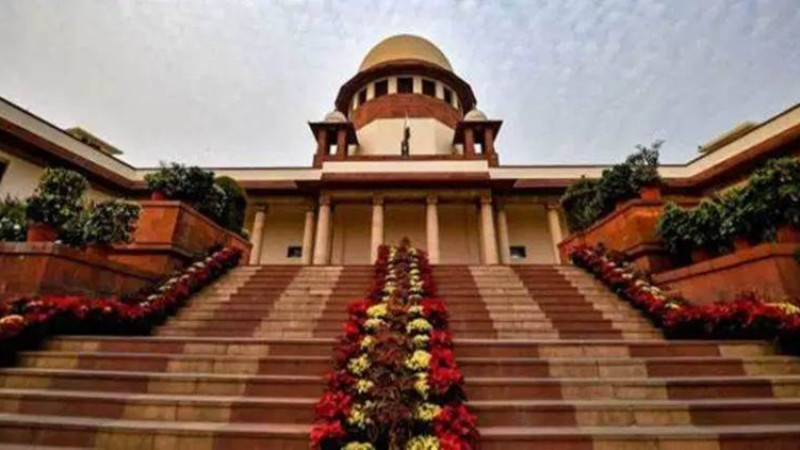
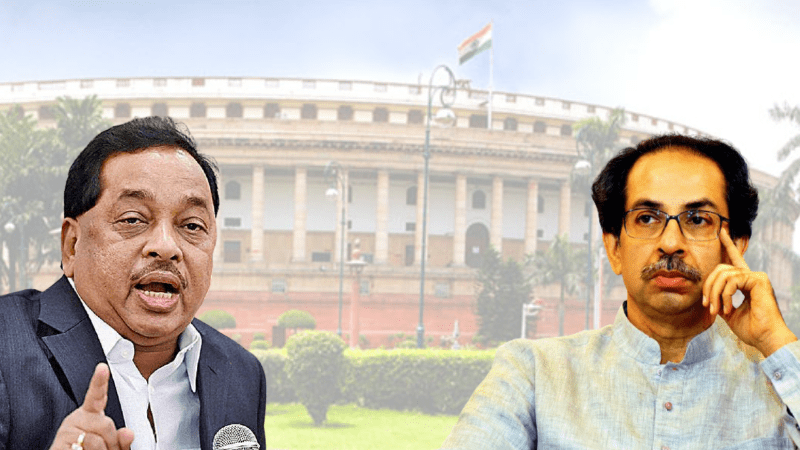
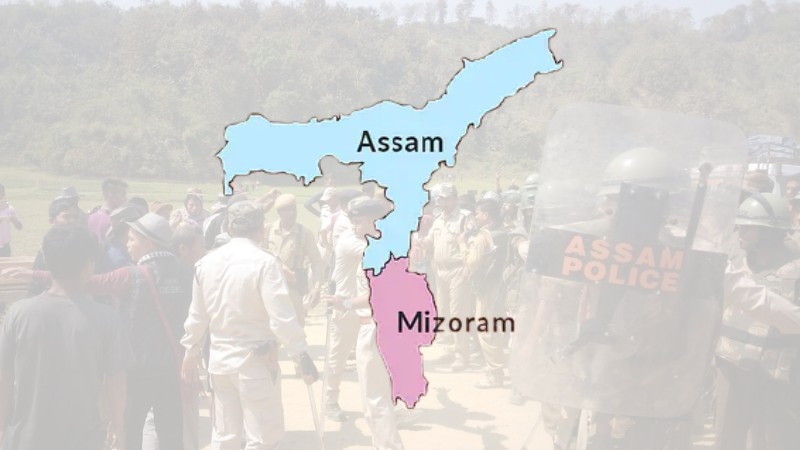

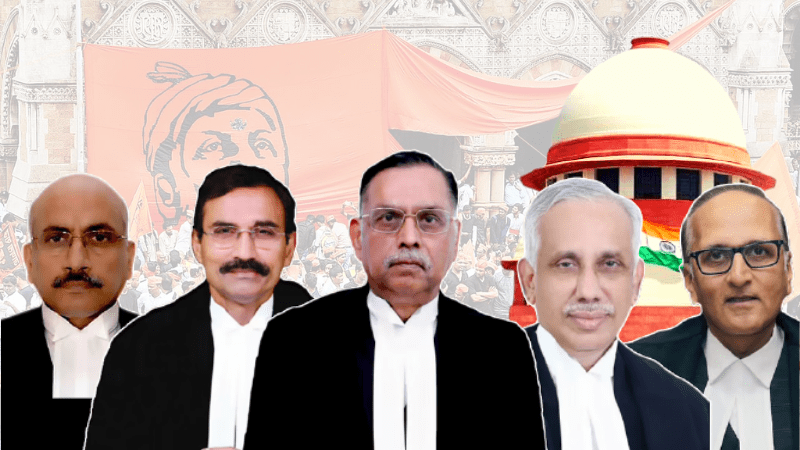



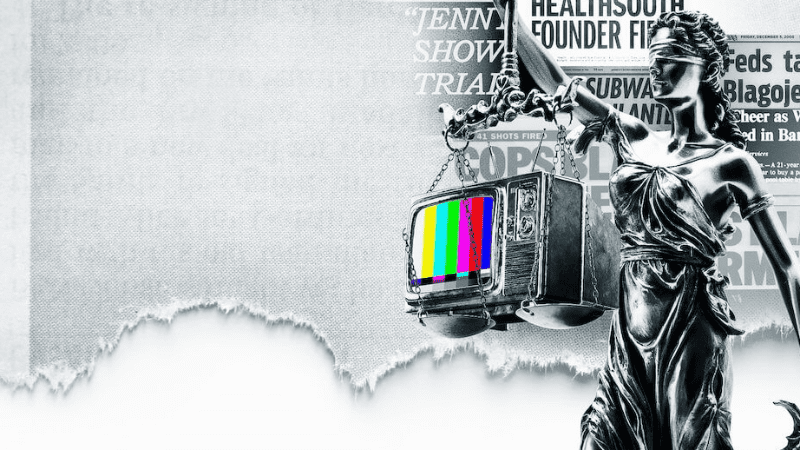

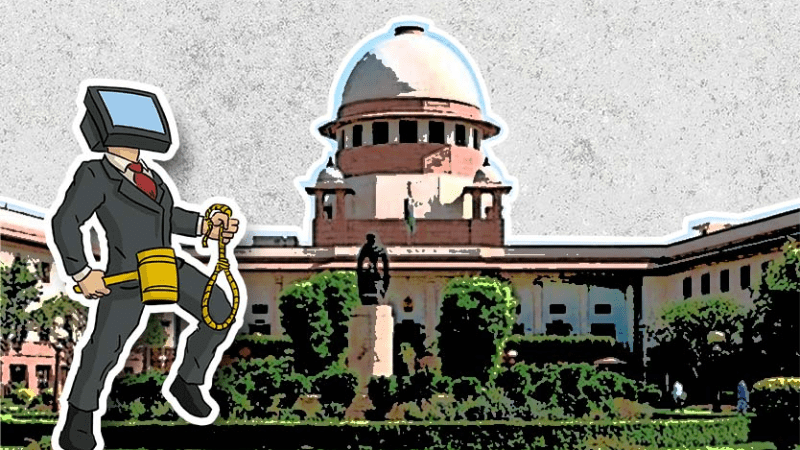


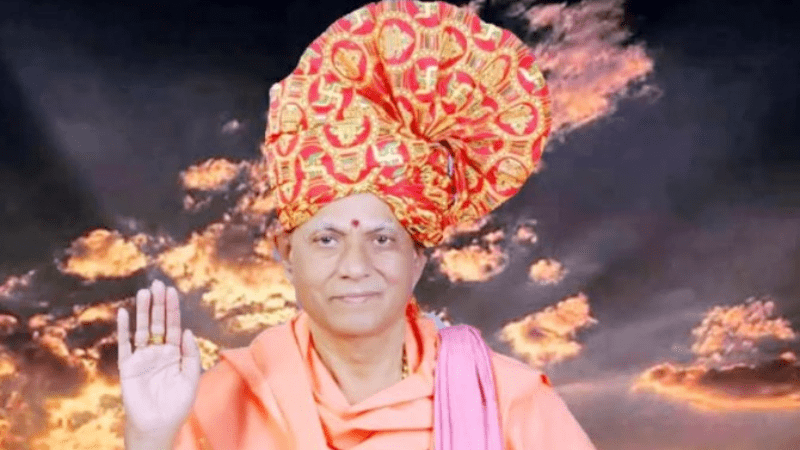
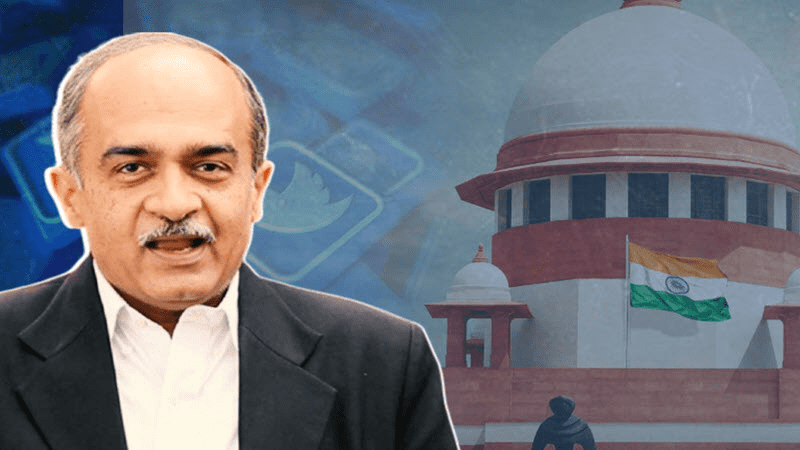
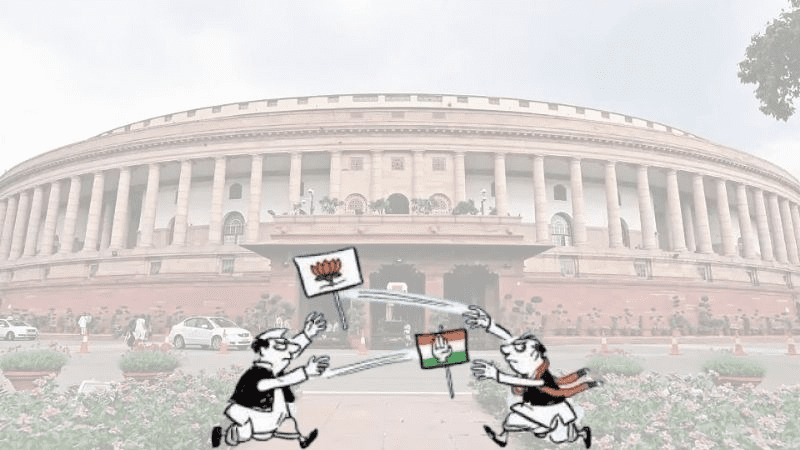
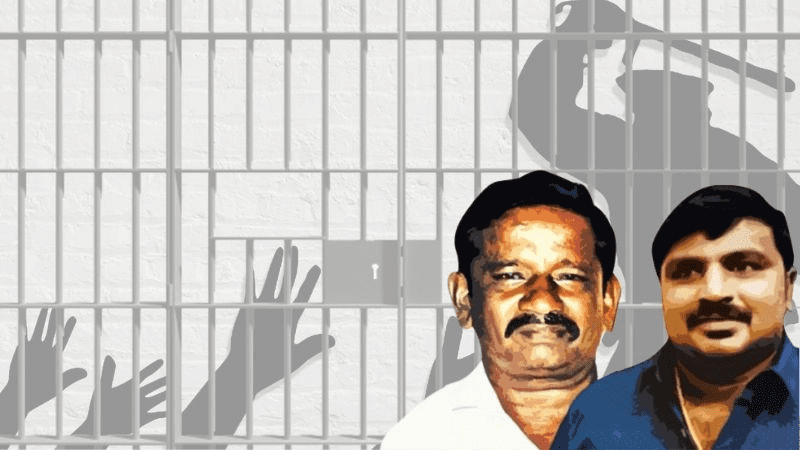
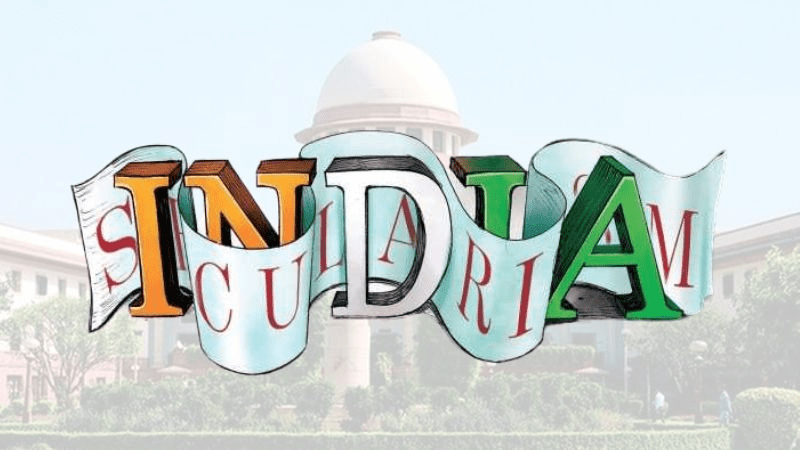
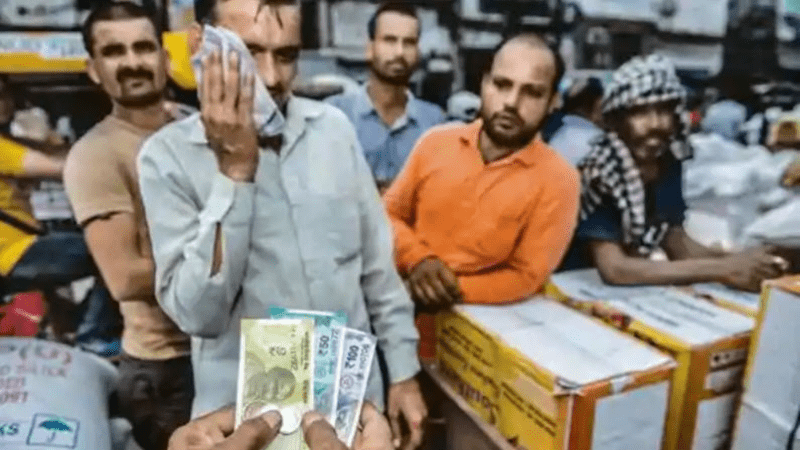




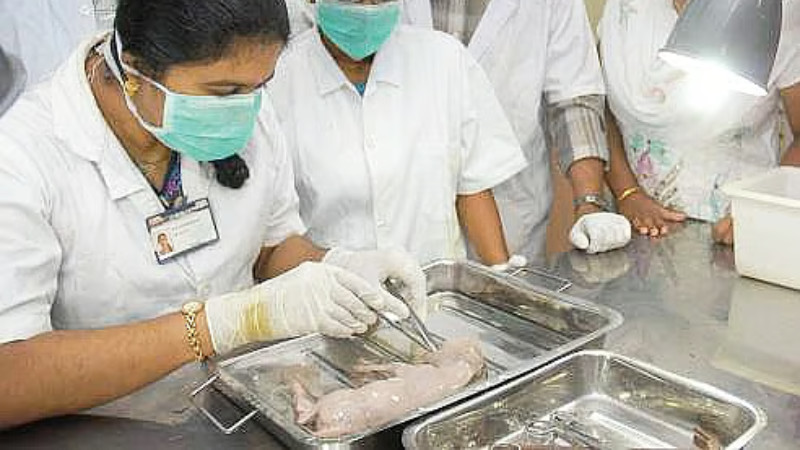
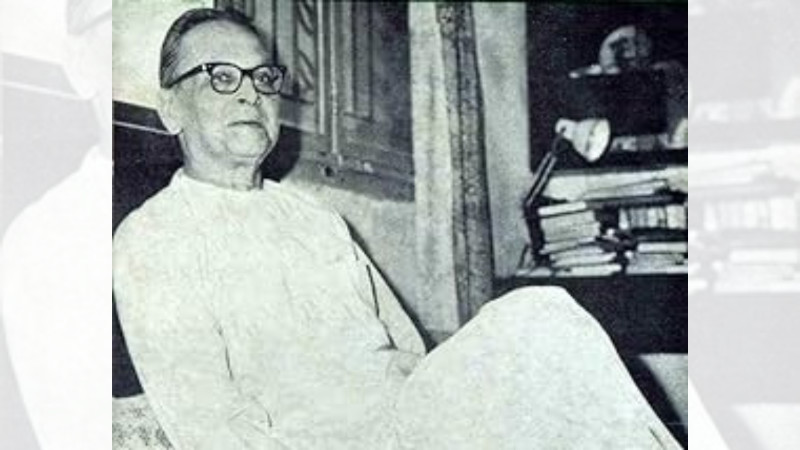
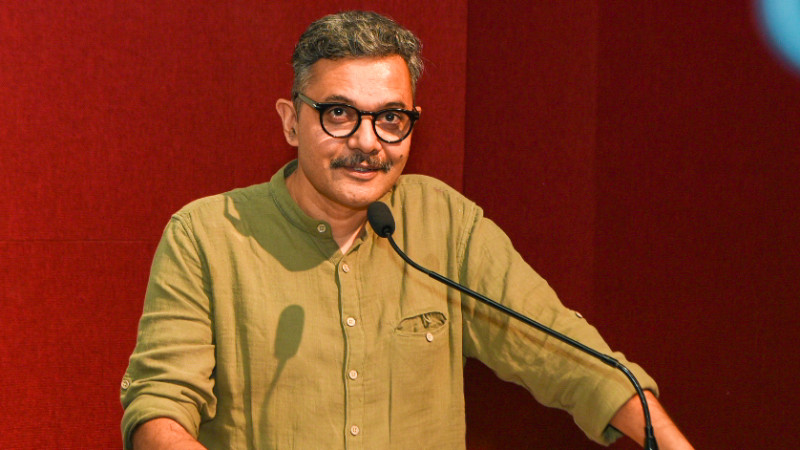

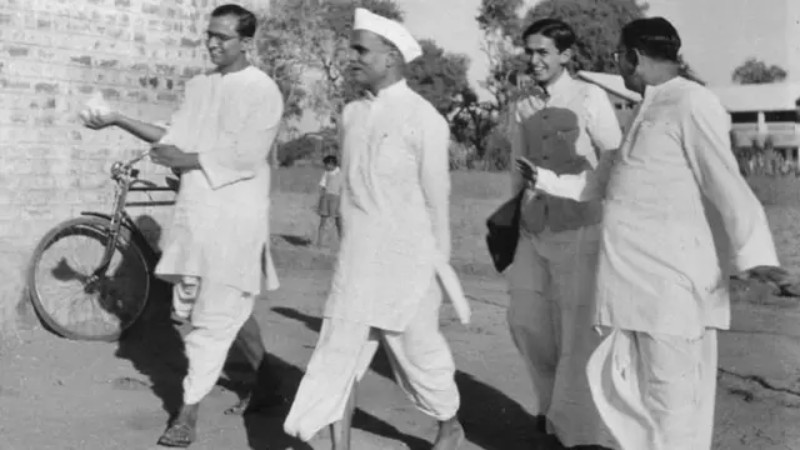
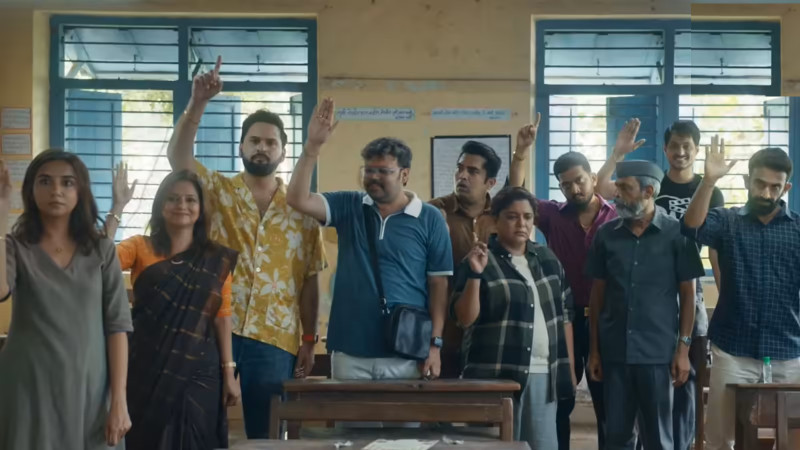
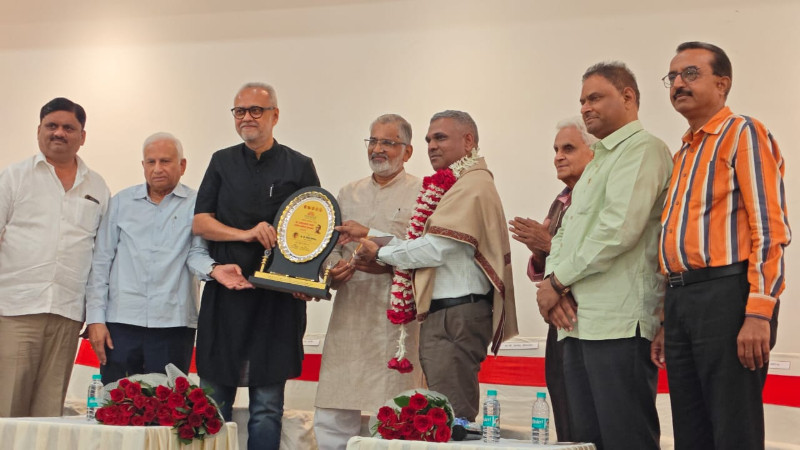
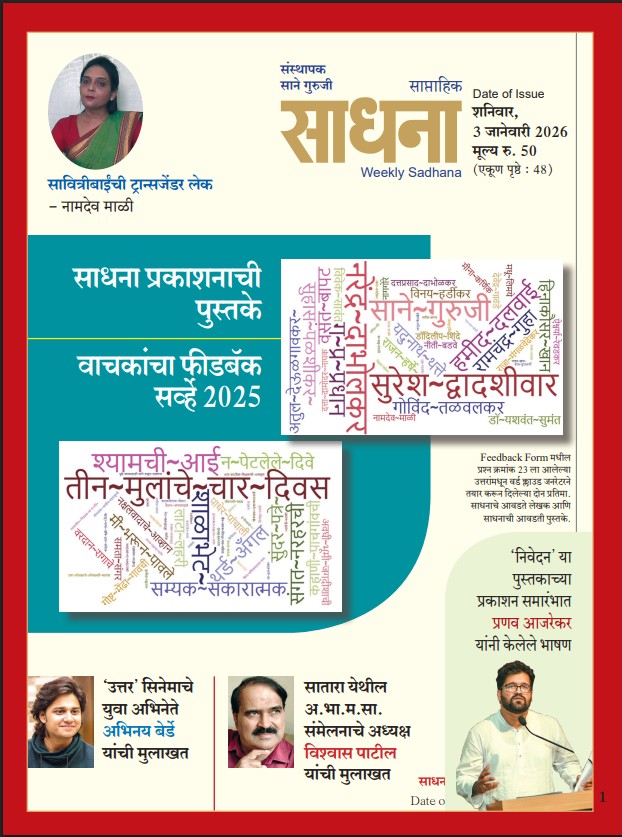













Add Comment